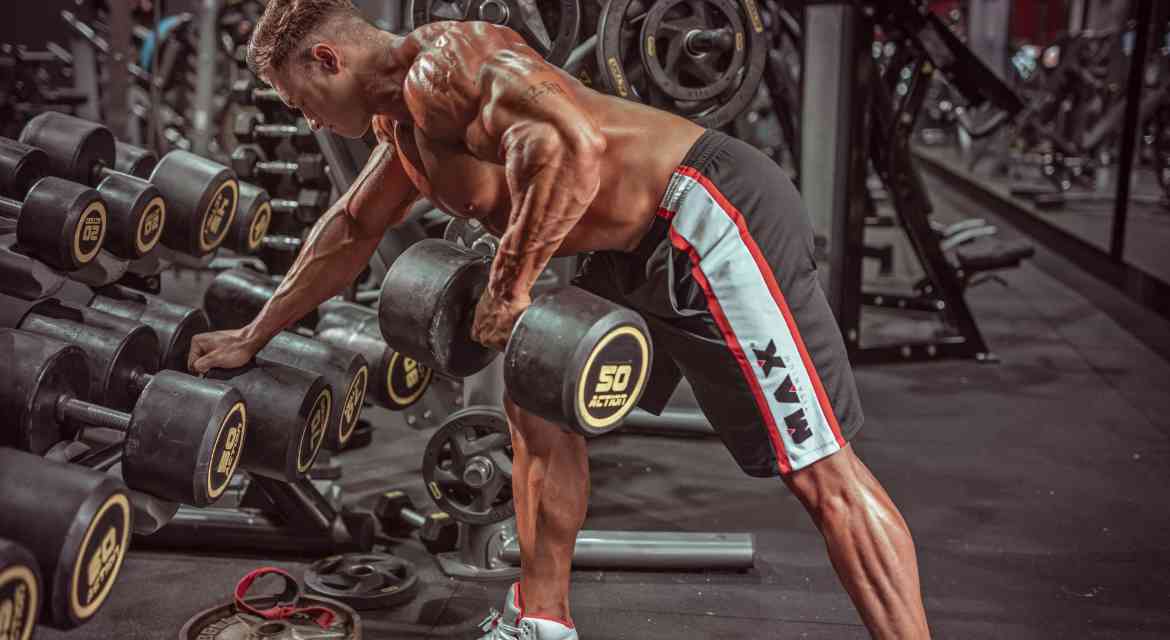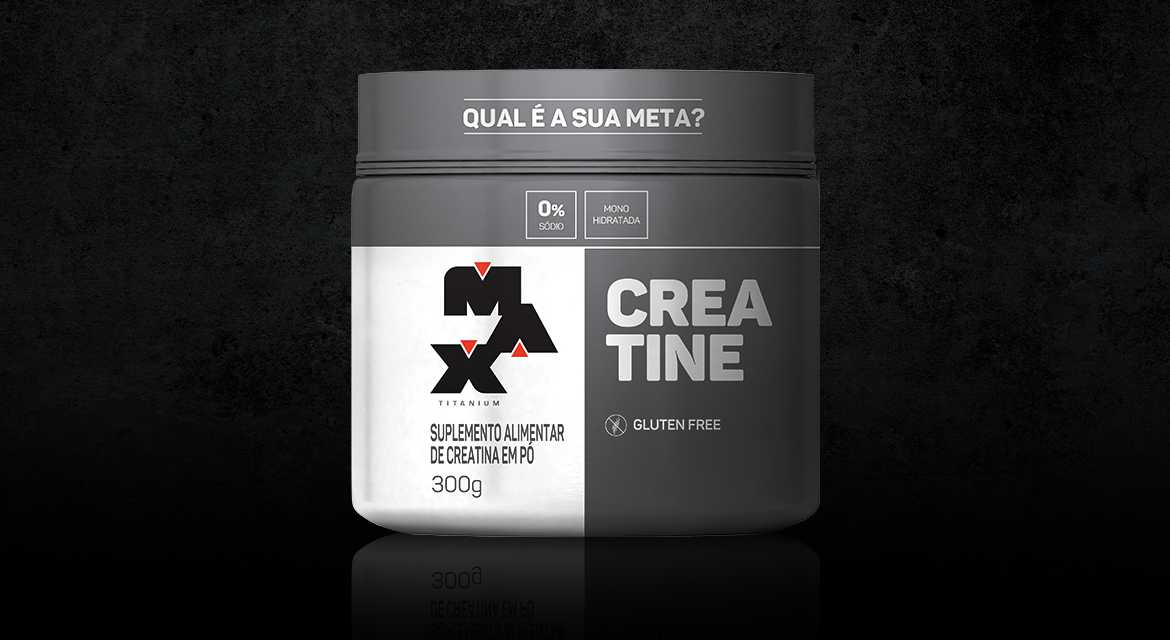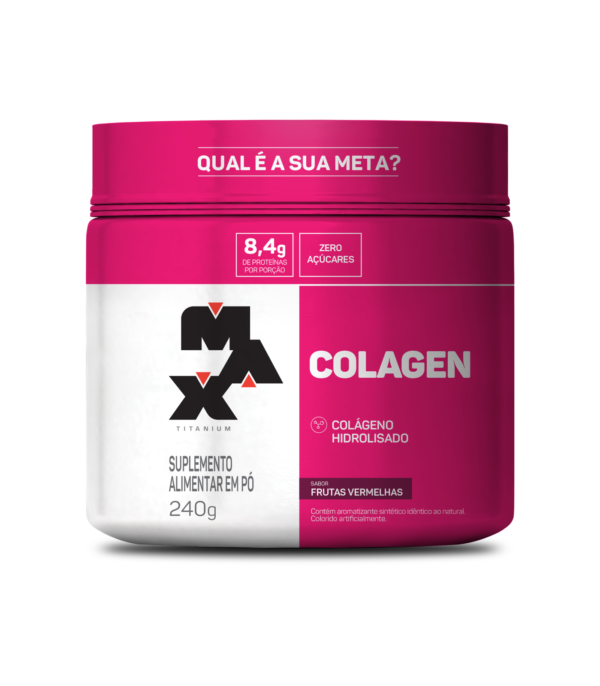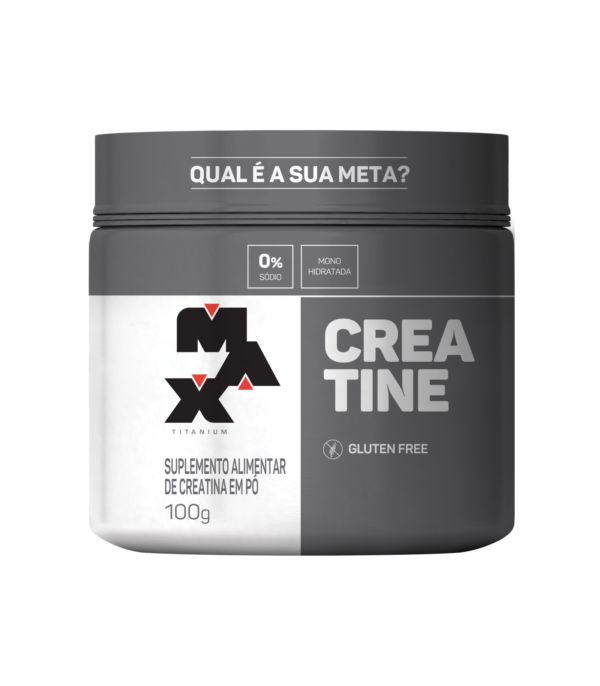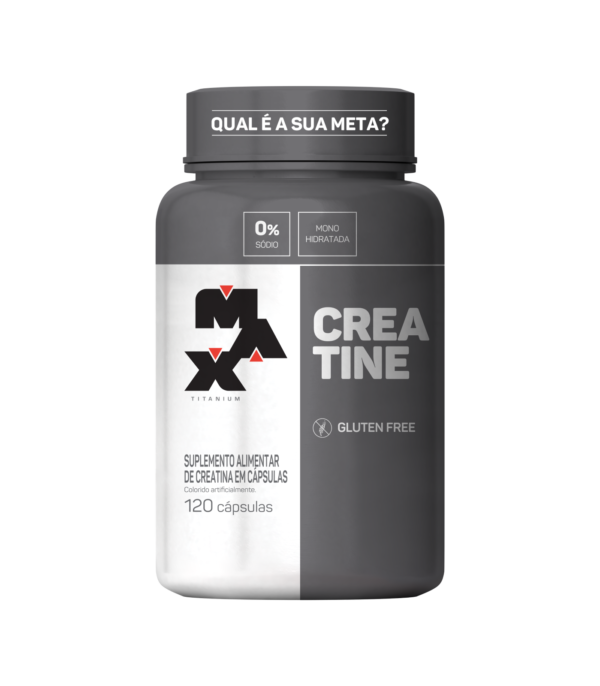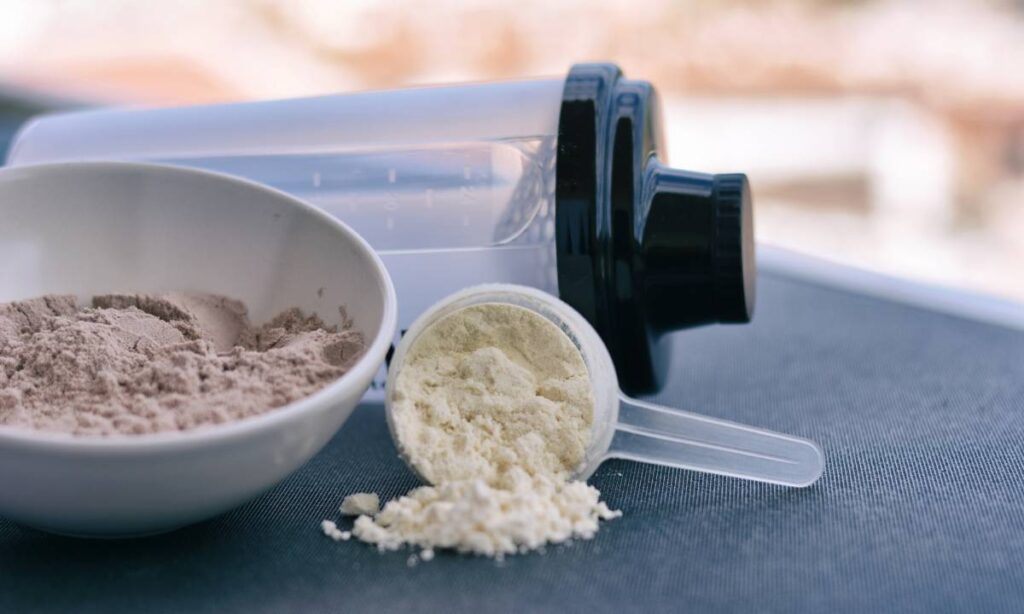Among all the supplements on the market, one of the most popular among those who practice physical activity is creatine. Despite its widespread use, some practitioners still have doubts about how it works and how it can help them gain mass and hypertrophy. In this article we’ll explain how creatine can help with hypertrophy training and performance during physical activity.
What is creatine?
Creatine is a protein made up of three amino acids: methionine, arginine and glycine. The human body naturally produces creatine and it is present in the brain and muscles. It is used as a source of energy during intense physical activity.
By supplementing with creatine, it will help to build muscle tone and improve physical capacity as well. Here are some of the benefits of this substance for the body.
Benefits of creatine?
As well as increasing muscle strength and performance, creatine will help in other areas too, which makes it an excellent choice for those who do physical activity.
It helps reduce muscle fatigue, improves cognition and brain function, prevents neurodegenerative diseases, improves heart health and also bone condition.
And another very interesting benefit for those seeking hypertrophy is that creatine helps to increase muscle mass.
How will creatine help with hypertrophy training?
There are a few ways in which creatine can help you gain muscle mass. The first is that it brings more energy and disposition, which makes it possible to do more repetitions and also use a greater load to perform the exercise. And with a greater and more intense stimulus, it’s easier to achieve muscle hypertrophy.
Creatine gives the body more energy because it works by producing more ATP (adenosine triphosphate), which is the main source of energy for cells. With more creatine in your body, you’ll produce more ATP and therefore more energy to exercise.
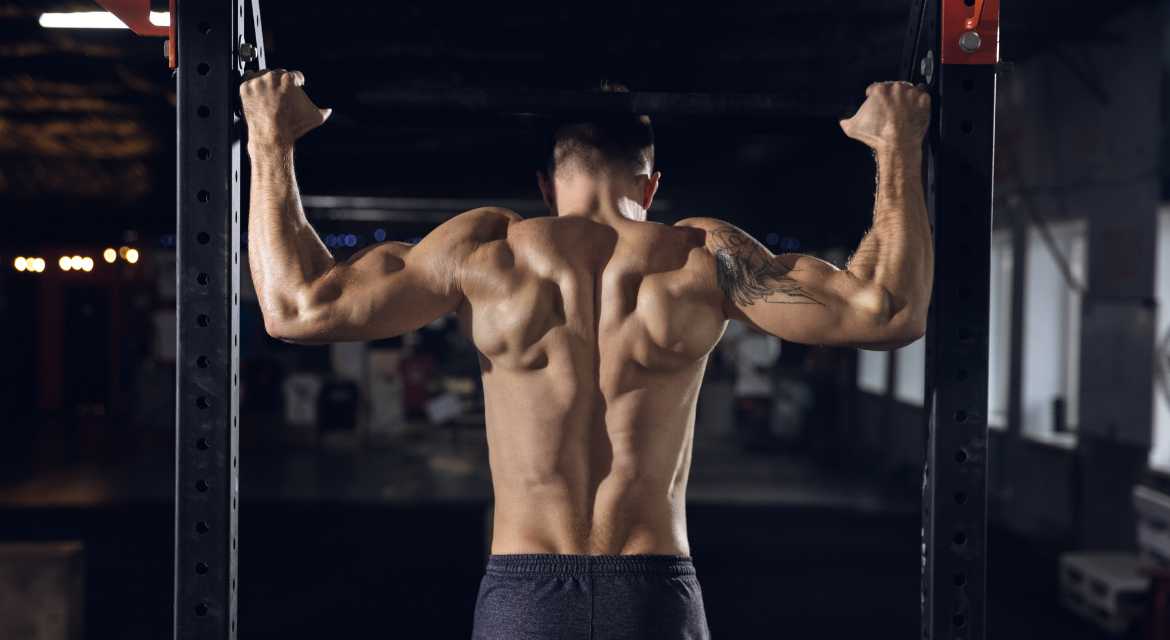
Creatine is stored in the muscles as phosphocreatine and provides energy for muscle cells during high-intensity, short-duration activities such as weightlifting and shooting workouts.
Creatine supplementation can increase the amount of phosphocreatine available in the muscles, which can improve the muscles’ ability to produce energy during exercise, especially in those sets where we’re dying to reach the last few repetitions.
This can lead to an increase in performance in high-intensity exercises and a greater ability to perform repetitions of weight-bearing exercises.
In addition, creatine can increase water retention in the muscles, which can lead to an increase in the size and appearance of the muscles, known as hypertrophy. This water retention is intracellular and the increase in the amount of water inside the cells stimulates protein synthesis and this process helps with muscle hypertrophy.
As creatine improves the efficiency of the central nervous system, the brain is able to send a greater number of impulses to the muscles and this results in more intense muscle contractions.
How to use creatine?
There is no rule on how to take creatine, as each body works in its own way and results can vary. There are those who prefer to take it first thing in the morning, after a workout, in the evening, or as a medicine and take it every 8 hours – there are many possibilities.

However, the times when creatine is best absorbed are first thing in the morning and after training, so remembering this can help you determine when to take the supplement. But at other times of the day it’s also very possible.
See the benefits of taking creatine at different times and how it can help you according to your goal:
- Pre-workout: Some athletes prefer to take creatine around 30 minutes to 1 hour before training to increase the availability of creatine during exercise. This can help improve performance in high-intensity, short-duration exercises.
- Post-workout: Taking creatine after training can help increase the absorption and retention of creatine in the muscles, especially if combined with simple carbohydrates such as dextrose or maltodextrin. This can help improve recovery after exercise and increase muscle protein synthesis.
- With meals: Creatine can also be taken together with meals, especially those containing carbohydrates and proteins, to increase absorption.
How to improve creatine absorption?
The doctor and Max Titanium athlete Paulo Muzy will answer this question. Watch the video below.
As Muzy said, carbohydrates will help a lot in the better absorption of creatine. To help improve your diet, see where you can find carbohydrates:
- Whole grains: brown rice, wholemeal bread, oats, quinoa, buckwheat, barley.
- Fruit: apple, banana, orange, grapes, mango, pineapple, peach.
- Legumes and vegetables: potatoes, sweet potatoes, yams, cassava, peas, corn, carrots, beet.
- Dairy products: milk, yogurt, cheese.
- Sugary foods: table sugar, honey, maple syrup, corn syrup, sweets, ice cream.
- Legumes: beans, lentils, chickpeas, peas.
- Nuts and seeds: almonds, chestnuts, pistachios, seeds of
Always remember that in order to have a good diet it’s worth consulting a nutritionist. This makes it possible to define the best type of diet and even supplementation to use in order to get the best results and achieve your goals.
Now that you know how creatine can help with hypertrophy training, check out Max Titanium‘s products! We have the best supplements and accessories for the gym! Take a look and get even more results in the gym.
